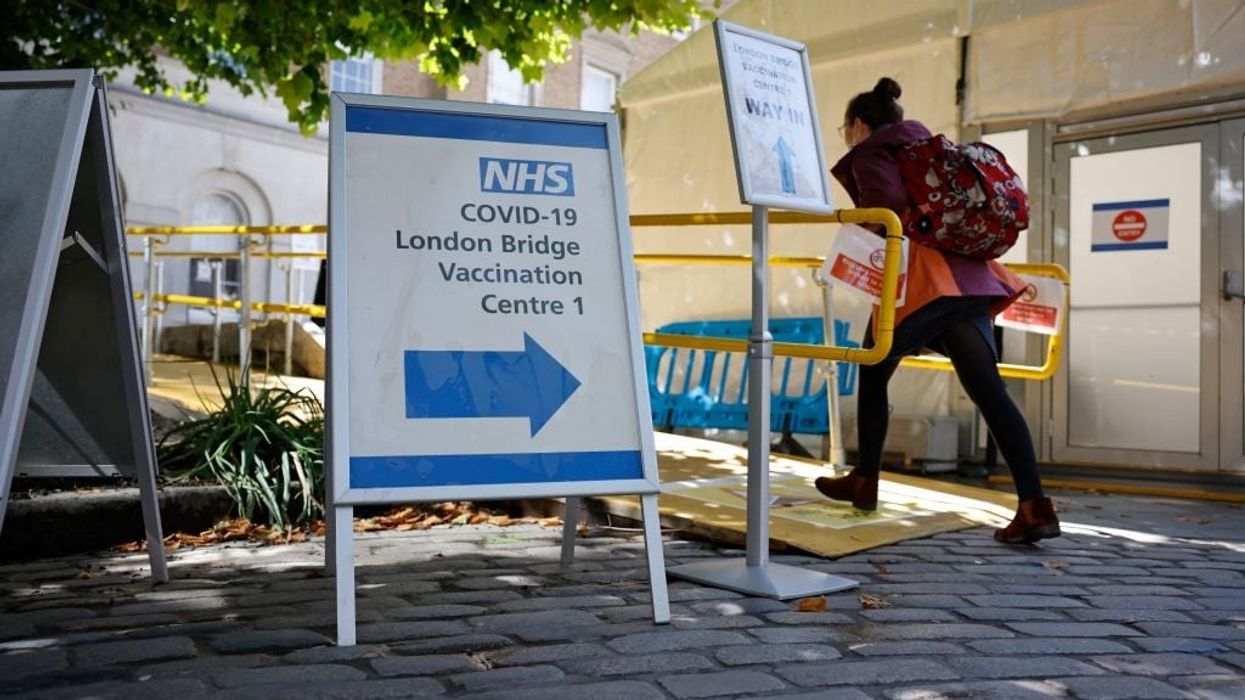ALL 12- to 15-year-olds in England will be offered a Covid-19 vaccine after top medical advisers said on Monday (13) that children would benefit from reduced disruption to their education.
The British government confirmed that the offer would be extended to all children aged 12-15 after a unanimous recommendation by the Chief Medical Officers (CMOs) from the four nations of the United Kingdom.
"I have accepted the recommendation from the Chief Medical Officers to expand vaccination to those aged 12 to 15 - protecting young people from catching Covid-19, reducing transmission in schools and keeping pupils in the classroom," health minister Sajid Javid said in a statement.
Rollout to the cohort in England will begin next week. Scotland, Wales and Northern Ireland set their own health policy, though each devolved administration received the same advice from their respective CMO.
The CMOs recommended that children aged 12-15 in Britain get a first shot of the Pfizer-BioNTech vaccine, after the Joint Committee on Vaccination and Immunisation (JCVI) earlier this month decided against making the recommendation.
The children will be offered Pfizer-BioNTech's vaccine. Vulnerable children in the age bracket were already eligible for the shots.
The United States, Israel and some European countries have rolled out vaccinations to children more broadly, putting pressure on the British government to follow suit.
There have been more than 134,000 deaths from Covid-19 in Britain and a rapid start to its vaccination rollout has slowed, with 81 per cent of those over 16 receiving two vaccine doses.
The JCVI had previously said the decision to vaccinate children was "finely balanced" as the government then sought further advice on the issue.
The CMOs in a letter said that vaccinating children could reduce Covid-19 transmission and thus disruption to schools, and those benefits "on balance provide sufficient extra advantage... to recommend in favour of vaccinating this group."
"(Vaccination) will reduce education disruption," Chris Whitty, England's chief medical officer, said at a news briefing.
"We do not think that this is a panacea, there's no silver bullet ... but we think it is an important and potentially useful additional tool to help reduce the public health impacts that come through educational disruption."
The CMOs said second doses would not be offered to the age group until at least spring as they would wait for more data from around the world.
(Reuters)




